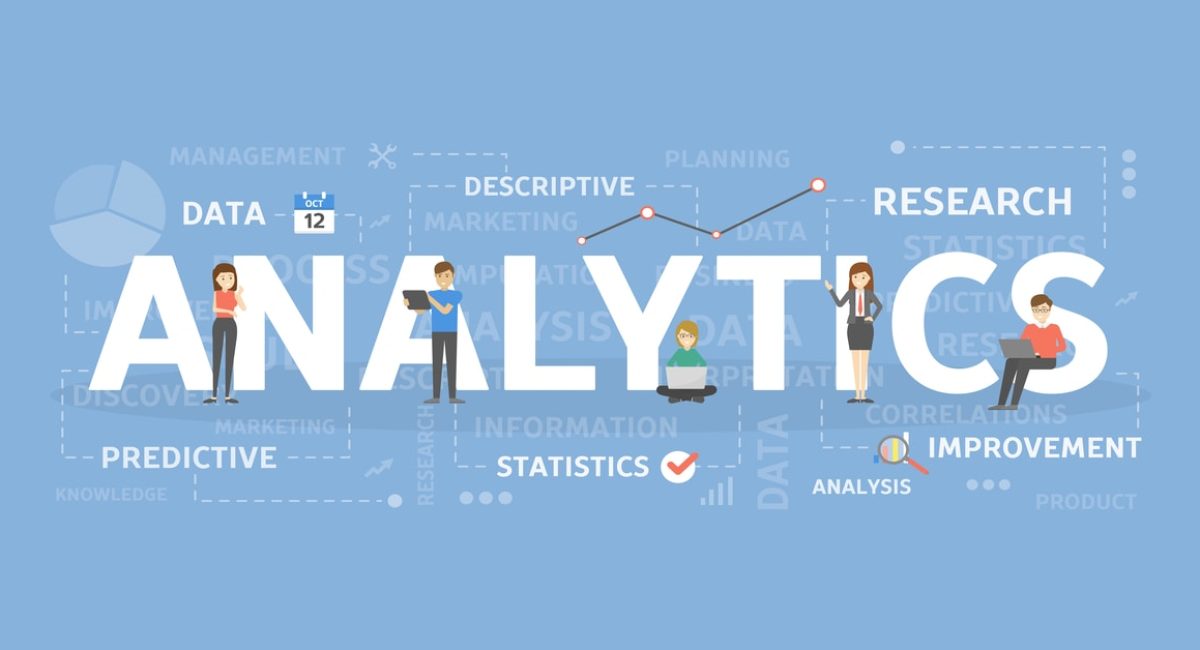Google Ads and Google Analytics are formidable tools for any online marketer, website owner, eCommerce business, or blogger. The data given by these online tools helps you evaluate and adapt your tactics to maximise your revenue.
Learning the subtleties of the Google suite of tools gives you a clear advantage over competitors who may not invest as much time and effort in technicalities.
One of the metrics that you get in the Google Analytics reports is RPC (revenue per click). Let’s see what it defines and how it can help you improve your website’s performance.
You might also be interested in WHAT IS YOUR GOOGLE ADWORDS STRATEGY?
What Is RPC?
RPC simply allocates a value to each click you earn. When you compare this value to your average CPC (cost per click), you can easily determine profitability for certain keywords. This will help you decide what keywords to focus on, and which ones are best left aside for your future optimisation.
RPC makes sense only when compared against your average costs as it helps you identify problem keywords that are adversely affecting your campaign. You can also see which ones are actually bringing the most revenue.
Its formula can be written as:
Transaction revenues + Goal revenues / Ad clicks
This variable is extremely handy for eCommerce websites as it gives you precious information on the costs and revenue for certain keywords you have been investing in.
Where Can You Find RPC in Google Analytics?

First of all, your Google Ads account needs to be linked to your Google Analytics account. You can do that easily by going to your Admin dashboard in Google Analytics, navigating to the property you want to link, and selecting the Google Ads account you want to link.
Next, you want to make sure that your “Destination URL Auto-Tagging” and “Cost data” are enabled, so that you can start getting information on the revenue and costs associated with your ad campaigns.
Auto-tagging attaches unique ids to your destination URLs, allowing the platform to collect data on the following variables:
- The keyword that brought the visitor to your website;
- The cost data for every paid click;
- The campaign the keyword belongs to.
Your reports will show data about your traffic sources, keywords that bring visitors to your website, the actions these visitors made and their final decision: whether they went through with a buy or not, responded to your call to action, and so on.
Need Help With Your Google Analytics Data?
Google Analytics is an excellent tool that can help businesses understand not only how their website is performing, but their audience too.
If you need to better understand the relations between Google Ads and Google Analytics data, our online marketing experts can set up your accounts so that they retrieve all the relevant information you need for improving your AdWords campaigns and website.
Contact Australian Internet Advertising for professional services related to digital marketing, SEO, and paid online advertising.




